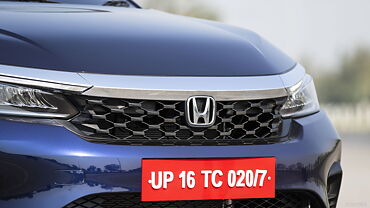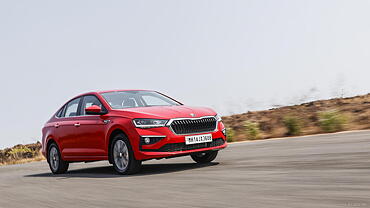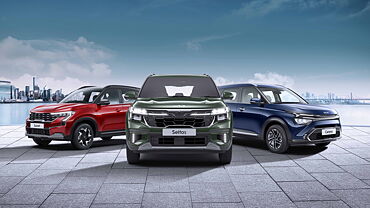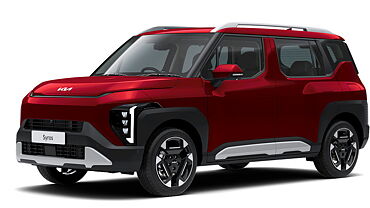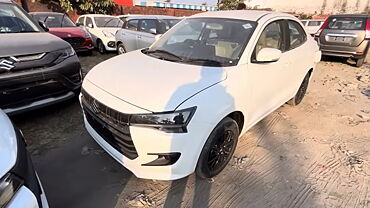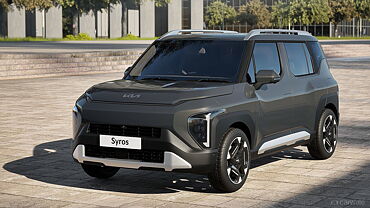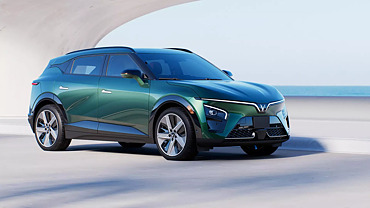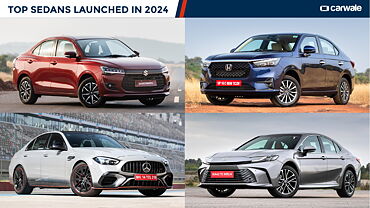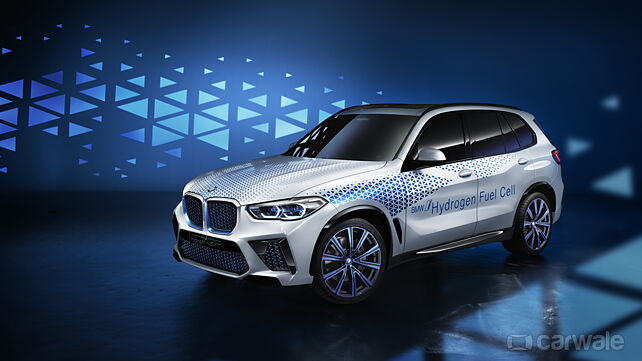
- The FCEV will be a limited series model
- Company CEO makes the official announcement
The I Hydrogen NEXT was revealed by BMW in 2019 and it was based on the current generation X5 SUV. Oliver Zipse, CEO and Chairman of the Board of Management of BMW AG had recently announced that it will unveil the X5 hydrogen fuel cell in 2022. According to BMW, the I Hydrogen NEXT will be a limited series car with the hydrogen drivetrain.
A few other carmakers like Toyota, Honda, Hyundai, Audi and General Motors are also researching zero-emission substitutes to the battery electric vehicles. Hydrogen fuel-cell cars such as Toyota Mirai, Hyundai Nexo and Honda Clarity are already on sale in several international markets. BMW has now joined hands with Toyota to share the fuel cell technology.

A fuel cell vehicle does not need an electric charging point. However, it uses hydrogen in high-pressure tanks in the car. When the hydrogen and air from the atmosphere combine in a fuel cell stack, a chemical reaction generates electricity to power the vehicle. The hydrogen fuel cell car does not emit any hazardous chemicals, it only emits water as a by-product.
Hydrogen fuel tanks in a car use multi-protective layers to ensure utmost safety. For instance, Toyota Mirai has three hydrogen tanks and each of them come with carbon fibre wrap and polymer coating that provide five times more crash energy absorption of steel. In a situation of an accident, the sensors will automatically block the flow of hydrogen.

As mentioned above, hydrogen fuel-cell cars promise zero tailpipe emissions - just like full-electric cars. But they can be filled up in minutes (about five minutes in the case of the Mirai) instead of the multiple hours it may take to charge up an electric car. They do, however, require energy-intensive plants to be set up to produce concentrated hydrogen, require stronger pressurised pipelines/transport infrastructure to transport it and pressurised tanks to store them - which for now mean higher costs per unit and lower availability. Hydrogen fuel-cell cars could prove a reliable short-term solution to green transportation until electric mobility becomes more affordable and practical.

